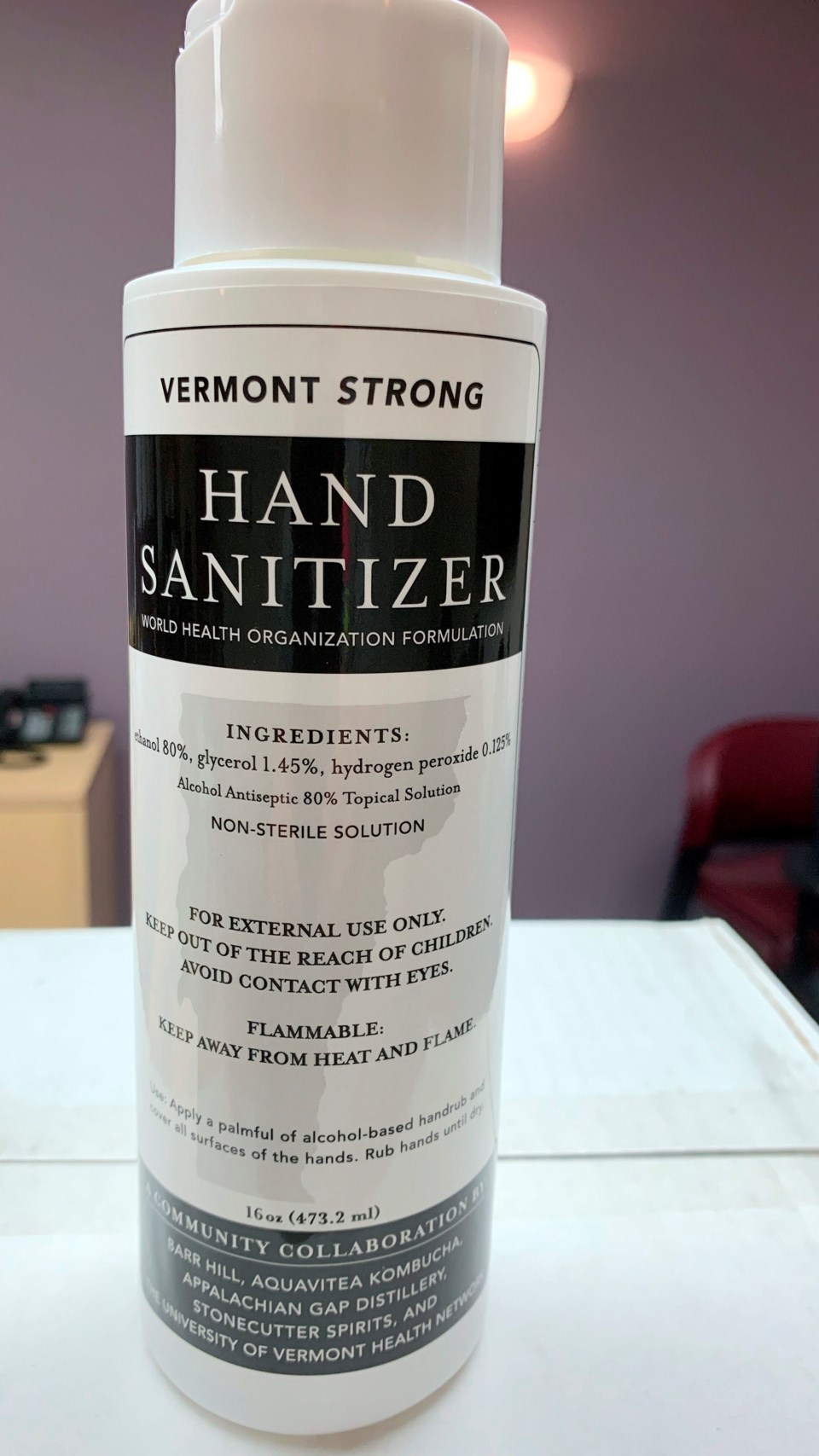Facing shortages of protective equipment, two New England hospital systems tried the latest twist in internet matchmaking: online swap meets.
As the coronavirus pandemic stretches on, online platforms have popped up to match hospitals that need masks, gowns, ventilators and even doctors with those that have extras. And other projects have been started to link hospitals with nontraditional sources of equipment.
“There’s a lot of enthusiasm for this,” said Michelle Hood, chief operating officer of the American Hospital Association. “It’s sure made a difference to those who got supplies when they really needed them.”
The collaborations fill gaps until supplies from regular distributors arrive. They also help the finances of hospitals that have seen revenue plummet as lucrative scheduled surgeries and outpatient services nosedive.
The hospital association is involved in some projects, including the 100 Million Mask Challenge, which lines up alternative manufacturers to churn out masks for medical workers.
Last month, the University of Vermont Health system’s Burlington hospital was short on face shields. But it had surplus hand sanitizer, which it got from local distilleries that partnered to make 16-ounce “Vermont Strong” bottles, said supply chain director Charlie Miceli.
Meanwhile, his counterpart at a Lebanon, New Hampshire, hospital was hunting for hand sanitizer.
They turned to The Exchange at Resilinc, a new online trading platform from Stanford Health Care, hospital consulting group Premier Inc. and logistics software company Resilinc.
Miceli and Dartmouth-Hitchcock Medical Center's Curtis Lancaster posted descriptions of what they needed and what they could trade. They were matched up and swapped 500 of each.
“It gives you some breathing room so you can go track down more supply,” Miceli said.
Resilinc CEO Bindiya Vikal said N95 masks, the most protective type, are the top requested item.
“There are more than 9,000 items that are in various stages of being rationed,” she said, including some medicines and multiple brands of protective gear.
Chaun Powell, Premier’s disaster preparedness head, noted the project also is arranging loans of ventilators, patient beds and other equipment.
The online swaps are a counterintuitive result of the widely reported U.S. medical supply shortages: Hospitals also have some surpluses, due to unexpected private donations, government allocations, shipments ordered months ago finally arriving and declines in patients as virus hot spots shift.
In just its first two weeks, The Exchange at Resilinc had more than 900 hospitals participating, plus thousands of surgery
Most of these new platforms launched in mid- or late April. Others include:
— Vizient, a hospital consultant and group purchasing organization, has set up a site for hospitals with spare supplies to donate or sell them to other hospitals.
— Cohealo, which arranges for hospitals to temporarily lend pricey but rarely used medical equipment, is helping to
— Helping Hospitals is finding doctors and other medical workers whose regular jobs have been disrupted to work temporarily at hot-spot hospitals. It’s a partnership of staffing agency On Call Physician Staffing and malpractice insurer Curi.
Meanwhile, other organizations have stepped in to assist hospitals in need of supplies.
The Afya Foundation, a charity that normally sends poor countries medical supplies donated by New York-area hospitals, switched roles in March after those hospitals requested help, said founder Danielle Butin.
Afya has been sending items donated by nail and beauty salons, auto repair shops, plastic surgeons and even farmers. It has already sent about 140,000 masks alone to more than 110 hospitals and other medical facilities in the New York City area.
Health Equip — an app linking the hospital association, Kaiser Permanente, UPS and consultant Kearney — is collecting unused protective gear donated by construction companies, dental practices and other businesses, plus gear made by alternative manufacturers, and matching it to the hospitals closest and most in need.
“The demand is incredibly high,” said Suketu Gandhi, Kearney’s digital supply chain head.
Health Equip already has received 136,000 donated pieces of protective equipment, mostly masks, which are being sent to more than 100 hospitals nationwide.
Another collaboration, RetailersUnited, is connecting hospitals with manufacturers and other businesses that want to donate services, materials or money.
The goal is to get manufacturers to temporarily make personal protective equipment. Among recent pledges: Hasbro is making face shields and designer brand Lacoste is making masks.
___
Follow Linda A. Johnson at https://twitter.com/LindaJ_onPharma
___
The Associated Press receives support for health and science coverage from the Howard Hughes Medical Institute’s Department of Science Education. The AP is solely responsible for all content.
Linda A. Johnson, The Associated Press




